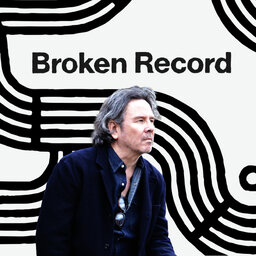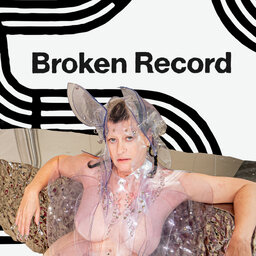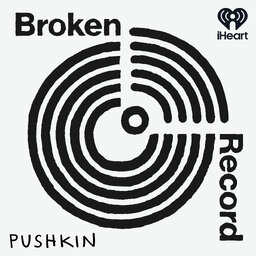Anaïs Mitchell
Today we will hear from singer-songwriter and playwright Anaïs Mitchell who spent the past 16 years building the world of Hadestown, a career-defining stage musical that has grown from a low-budget community production in Mitchell's native Vermont, to a Broadway phenomenon and the winner of eight Tony Awards, including Best Musical and Best Original Score. But in March 2020, when the COVID-19 pandemic shuttered theaters, Anaïs, like so many others, moved back home to Vermont. The move and change of pace inspired her to start writing indie folk songs.
Her self-titled album, released at the beginning of 2022, is made up of those songs. It’s produced by Josh Kaufman, and was made with collaborators like Bon Iver, The National, and her own band Bonny Light Horseman. On today’s episode, Bruce Headlam speaks with Anaïs Mitchell about her new album and how Hadestown came to be. She also plays some songs off her album live, just for us.
You can hear a playlist of some of our favorite songs written and performed by Anaïs Mitchell HERE.
 Broken Record with Rick Rubin, Malcolm Gladwell, Bruce Headlam and Justin Richmond
Broken Record with Rick Rubin, Malcolm Gladwell, Bruce Headlam and Justin Richmond


